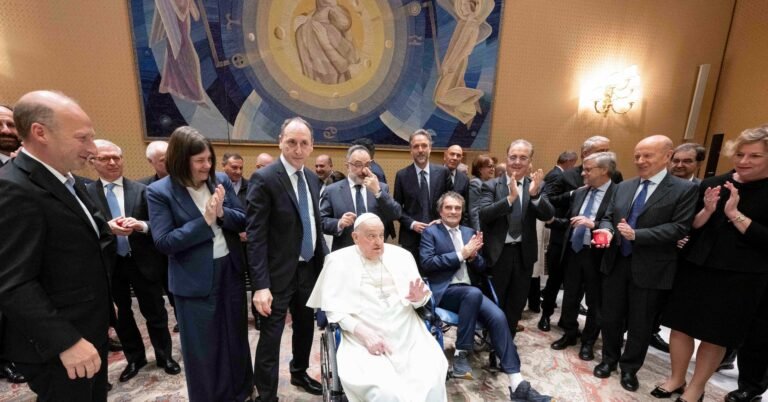
At least 306 international students in Texas have had their visas suddenly terminated by the federal government in recent days, according to officials at universities across the state.
The number continues to rise as school officials learn about more terminations by checking a federal tracking system that monitors the status of international students.
At least 176 visas were revoked from students in the University of Texas System, according to spokesperson Randa Safady. That includes 19 at UT-Dallas, according to the university. At the Texas A&M University System, visas were terminated for 38 students.
The specific justification for the visa revocations is not known in most cases. Due to federal student privacy laws, universities cannot share personal information about those affected.
Across the country, more than 1,000 visas have been terminated, according to media reports. The terminations are part of a larger effort by President Donald Trump’s administration to reduce immigration and student protests against the war in Gaza that are viewed by Trump as antisemitic.
A spokesperson from the U.S. State Department wrote in an email that when considering revoking a status, officials consider information that arises after the visa was issued. That could include finding evidence that someone poses a threat to public safety.
The spokesperson said authorities are enforcing “zero tolerance” for those who violate laws. Terminations could take place due to arrests, criminal convictions and “engaging in conduct that is inconsistent with the visa classification,” according to the email.
Dozens of the revocations have impacted students at North Texas schools. They include:
- UTD: 19
- UT-Arlington: 27
- University of North Texas: 30
- Texas Woman’s University: 6
- Dallas College: 34
- Tarrant County College: 5
Some universities confirmed visas were revoked but didn’t share how many, including Southern Methodist University, the University of Texas at Austin and the University of Houston.
Lawyers working with some students who were affected say most have been charged with minor offenses, with most of the charges being dropped or resolved. Some offenses included road obstruction, public intoxication and domestic violence.
It is unclear whether the students whose visas were terminated were involved in political activism.
The spokesperson from the State Department said the Trump Administration is focused on “protecting our nation and our citizens by upholding the highest standards of national security and public safety through our visa process.”
Many of the visa terminations in Texas were reported the same day the Department of Homeland Security announced a new screening of social media for activity related to antisemitism by students seeking visas, those affiliated with educational institutions and anyone seeking permanent resident status in the United States.
Tricia McLaughlin, Department of Homeland Security assistant secretary for public affairs, said in a statement that “there is no room in the United States for the rest of the world’s terrorist sympathizers, and we are under no obligation to admit them or let them stay here.”
“Anyone who thinks they can come to America and hide behind the First Amendment to advocate for antisemitic violence and terrorism — think again. You are not welcome here,” she added.
In recent months, some students and recent graduates who protested the war in Gaza last year were arrested and detained on the grounds they are a threat to national security.
High-profile cases of arrests related to campus activities include Columbia University graduate Mahmoud Khalil, who is a permanent U.S. resident, and Tufts University student Rumeysa Ozturk, who had her visa revoked.
The protests last spring, when pro-Palestinian students rallied against Israel’s role in the war, led to students setting up encampments on campuses across the country, including in Texas.
At UTD, 21 demonstrators were arrested during the protests though not all were students.
International students must obtain a visa to study in the United States after being accepted into a program of study. That generally includes providing documentation related to their studies and an interview with a consular officer. The most common type of student visa is known as F1, which requires students to pursue a full-time, accredited program that culminates in a degree, diploma or certificate.
The largest Texas universities enroll international students from more than 100 countries.
UTD, for example, enrolls more than 5,500 international students from more than 110 countries. The majority of them come from India, China and Bangladesh, according to the university’s website.
The DMN Education Lab deepens the coverage and conversation about urgent education issues critical to the future of North Texas.
The DMN Education Lab is a community-funded journalism initiative, with support from Bobby and Lottye Lyle, Communities Foundation of Texas, The Dallas Foundation, Dallas Regional Chamber, Deedie Rose, Garrett and Cecilia Boone, Judy and Jim Gibbs, The Meadows Foundation, The Murrell Foundation, Ron and Phyllis Steinhart, Solutions Journalism, Network, Southern Methodist University, Sydney Smith Hicks, and the University of Texas at Dallas. The Dallas Morning News retains full editorial control of the Education Lab’s journalism.



